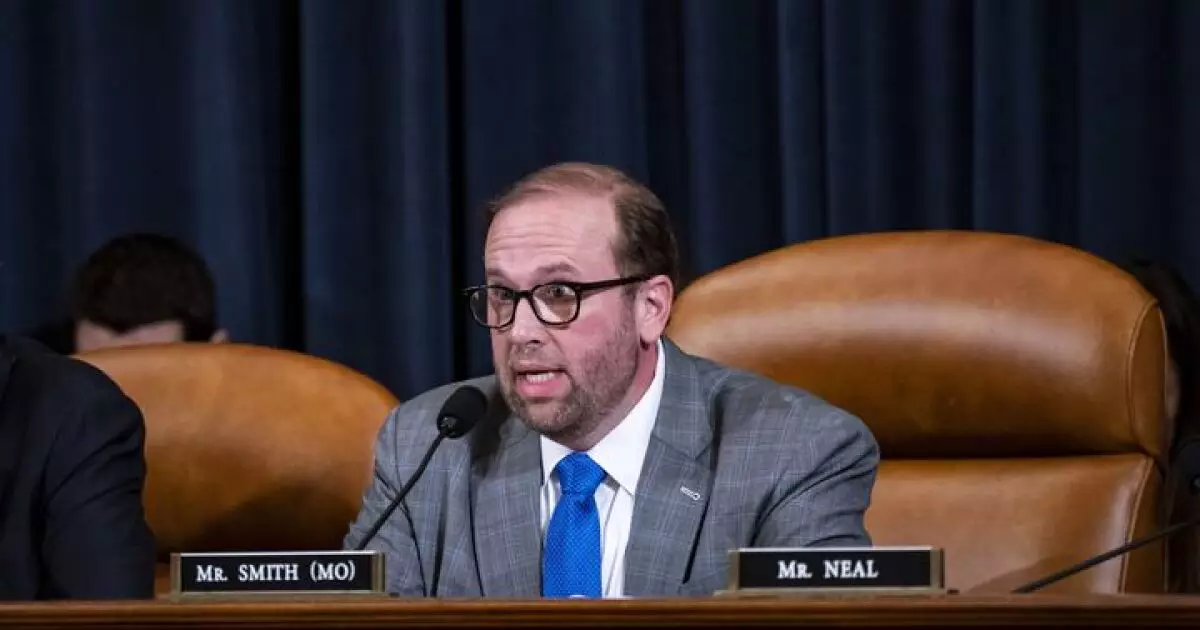The Municipal Bond Market Under Threat: Analyzing Tax Reforms and Their Implications

The landscape of municipal financing is currently facing tumultuous changes as discussions of significant tax reforms unfold. The House Ways and Means Committee is contemplating drastic measures that could eliminate the tax-exempt status of municipal bonds, stirring alarm within the financial community. This article delves into the ramifications of these potential reforms, the ongoing advocacy efforts to protect municipal bonds, and the broader implications for nonprofit organizations, particularly hospitals.
The recent revelation surrounding the 51-page list of proposed changes to the tax code indicates a seismic shift in the way municipal bonds could be treated. These tax-exempt bonds have been a mainstay for local governments looking to fund essential projects, effectively allowing them to borrow at lower costs. By removing the tax exemption, the House Ways and Means Committee would not only infringe upon a critical means of local financing but could also discourage investment in municipal projects at a time when communities need funding the most.
Advocates for the municipal bond market, like the Bond Dealers of America, are acutely aware of the potential fallout from these proposed reforms. Brett Bolton, an influential figure within the organization, emphasizes the need for continuous advocacy on Capitol Hill. As the legislative landscape evolves, the financial viability of state and local projects hangs precariously in the balance.
The potential elimination of tax exemptions does not stop at municipal bonds. The proposed changes delineate possible alterations to the nonprofit status of hospitals, which represent a significant portion of the municipal bond market. With nonprofit hospitals generating more than half of the income from 501(c)(3) organizations, the implications of losing this status would be severe. Hospitals often rely on tax-exempt financing to expand services and upgrade facilities. If their ability to do so is curtailed, the ripple effects could jeopardize healthcare access, especially in underserved communities.
The proposal to revoke nonprofit status is expected to yield considerable savings for the federal budget—some estimates suggest around $260 billion over the next decade. However, such measures could lead to increased hospital costs for patients and a decline in community health resources. As the dialogue around tax reforms intensifies, the potential sacrifice of healthcare quality raises ethical questions about the priorities of lawmakers.
Alongside the threats to tax-exempt bonds and nonprofit statuses, another contentious issue on the table is the re-evaluation of state and local tax deductions. Proposals range from complete elimination of these deductions for individuals and businesses—projected to save around $1 trillion over one decade—to more nuanced adjustments.
By potentially restricting or eliminating deductions, lawmakers are looking to find new avenues for governance revenue amid increasing fiscal demands. However, the implications for taxpayers, particularly those in high-tax states, could be significant and regressive. It may disproportionately affect middle and lower-income families while relieving higher income brackets from the overall burden of taxation, pointing to an imbalance in the proposed tax reform.
The future of municipal tax-exempt bonds and nonprofit statuses hangs in a fragile balance, prompting a united front among various advocacy groups. With initiatives such as “fly-ins” that position lobbying efforts directly in front of lawmakers, stakeholders hope to secure support to preserve critical funding mechanisms.
The situation demands urgent attention from financial decision-makers and legislative representatives. As the dialogue continues, it’s essential that stakeholders from different sectors engage actively in the process.
As legislative discussions loom large over the municipal bond market and nonprofit healthcare facilities, significant decisions are on the horizon. The outcomes of these discussions threaten to curtail vital funding sources essential for local governance and community services. Thus, vigilance, advocacy, and strategic negotiation will be key components in safeguarding these frameworks critical to public well-being and infrastructure development.





